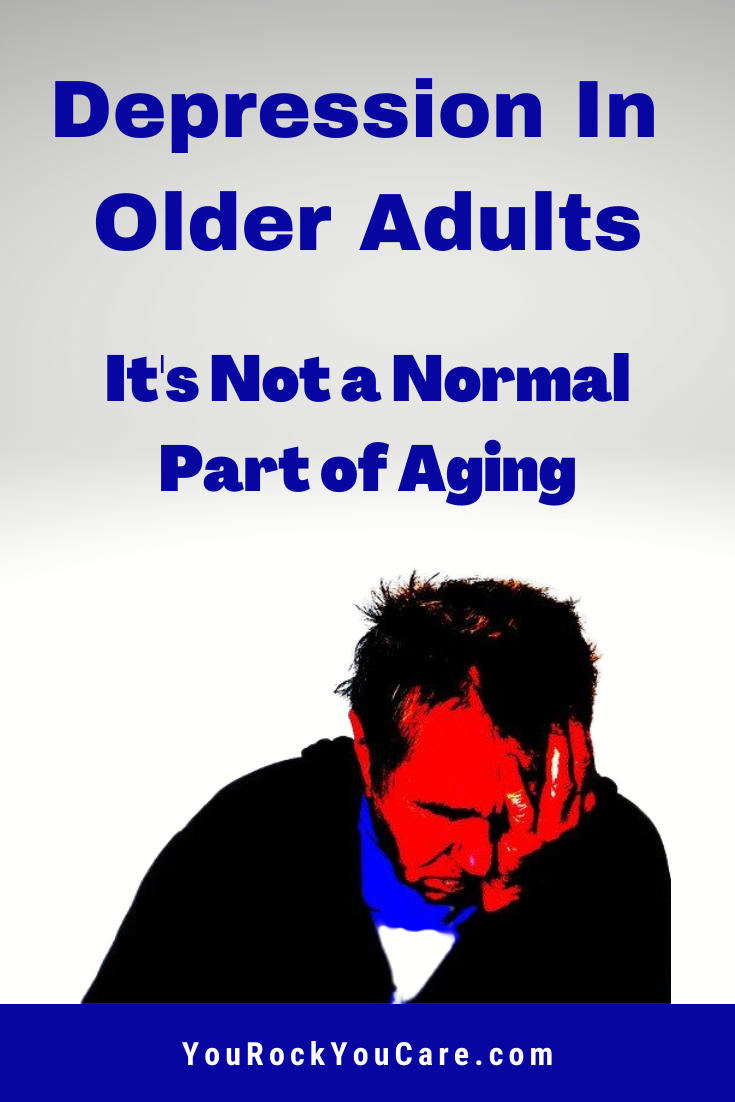Older adults are at greater risk for depression.
Why?
Depression is more common among people with chronic conditions, including obesity, diabetes, asthma, heart disease, arthritis and cancer. About 80% of older adults have at least one chronic health condition… and 50% have two or more.

Depression is a common but serious illness. Major depression can interfere with or limit one’s ability to carry out major life activities. If not addressed or treated, depression in older adults can lead to more serious health issues… and in some cases, suicide.
Depression Statistics
According to the World Health Organization (WHO), depression is a common illness worldwide affecting more than 264 million people. Every year, nearly 800,000 people worldwide die due to suicide.
Major depression is one of the most common mental disorders in the United States.
According to the National Institute of Mental Health (2017), major depression affects 17.3 million Americans or about 7.1% of the U.S. population over age 18. Women are 70% more likely than men to experience depression in their lifetime.
A survey of adult caregivers caring for an elderly or disabled family member, friend or relative revealed that 40-70% of them have symptoms of clinical depression (Family Caregiver Alliance, 2011).
Depression is a common but serious illness. Major depression can interfere with or limit one’s ability to carry out major life activities.
Depression and Suicide In the United States
- Over 2/3 of the 30,000 reported suicides in the U.S. every year is caused by depression (White House Conference on Mental Health, 1999).
- Up to 2/3 of older adult suicides are attributed to untreated or misdiagnosed depression. (American Society on Aging, 1998).
- Suicide is the second leading cause of death among 10-34 year old individuals. It is the fourth leading cause of death among 35-54 individuals. (Centers for Disease Control and Prevention, National Center for Injury Prevention and Control, 2018).
Risk of depression and suicide can increase due to financial problems, relationship problems, physical disability, illness, mental health issues, substance abuse, bullying, death or suicide of a family member or friend.
Depression and suicide risk do not go away on their own…
If you know the warning signs of suicide, you can get help for anyone in crisis… before it’s too late.
